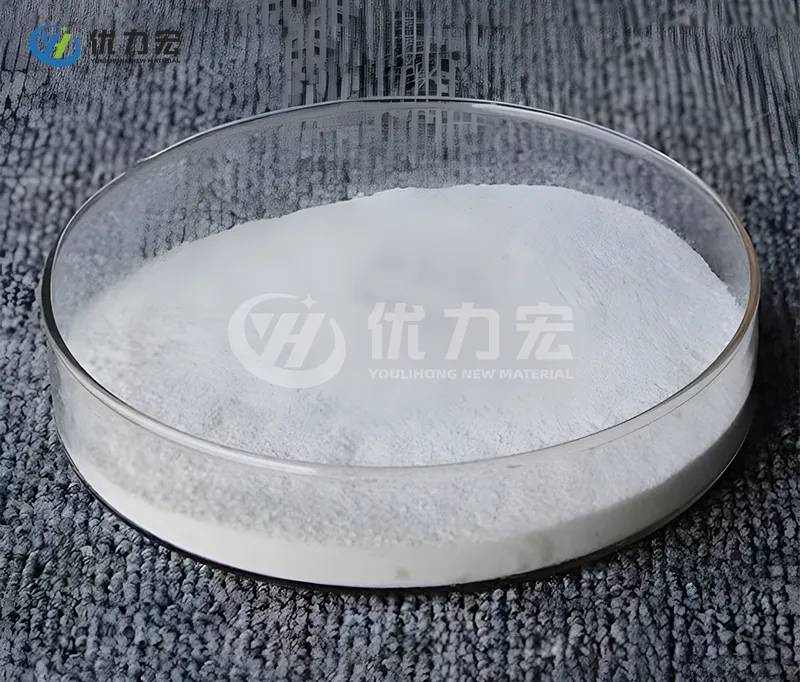When it comes to enhancing the properties of silicone products, selecting the appropriate foaming agent is crucial. At Youlihong, we offer a high-quality foaming agent specifically designed for silicone applications, with a CAS No. of 10465-78-8 and a purity of 97%. Our foaming agent is ideal for creating lightweight, durable silicone products such as foam strips, sealing rings, and various shaped parts. Here’s a guide on how to choose the right foaming agent for your silicone applications.

1. Understand Your Application Requirements
Before selecting a foaming agent, it's essential to understand the specific requirements of your application. Consider factors such as the desired density, mechanical properties, and thermal stability of the final silicone product. For example, if you need a lightweight foam for insulation purposes, you may require a foaming agent that produces a lower density foam.
2. Evaluate Foaming Agent Characteristics
Different foaming agents have unique characteristics that can affect their performance in silicone formulations. Look for agents that offer:
- Low Foaming Temperature: This ensures that the foaming process occurs at temperatures compatible with silicone curing.
- Good Foaming Effect: A high foaming ratio can enhance the volume and texture of the final product.
- Closed Cell Structure: This provides better insulation and moisture resistance in silicone applications.
For instance, our foaming agent at Youlihong is known for its low foaming temperature and excellent closed-cell foaming capabilities.
3. Consider Compatibility with Silicone Formulations
Ensure that the chosen foaming agent is compatible with your specific silicone formulation. Some agents may react adversely with certain types of silicone or additives, leading to poor performance or compromised product quality. Testing small batches can help determine compatibility before full-scale production.
4. Assess Environmental and Safety Standards
When selecting a foaming agent, consider its environmental impact and compliance with safety regulations. Look for agents that conform to EU environmental protection standards, as this can enhance your product's marketability and ensure safety during handling and application.
5. Review Manufacturer Specifications
Consult the technical data sheets provided by manufacturers to understand the recommended dosage, processing conditions, and any specific handling instructions. For example, our Youlihong foaming agent has a recommended dosage of 1%-5% based on the formulation requirements.
6. Test Different Foaming Agents
Conduct trials using different foaming agents to evaluate their performance in your specific silicone applications. Assess factors like foam stability, texture, and overall quality of the final product. This hands-on approach will provide valuable insights into which agent best meets your needs.
7. Seek Expert Advice
If you're unsure about which foaming agent to choose, consider seeking advice from industry experts or suppliers who specialize in silicone materials. They can provide guidance based on their experience and knowledge of market trends.
Conclusion
Choosing the right foaming agent for your silicone applications is crucial for achieving optimal performance and quality in your products. By understanding your application requirements, evaluating characteristics, ensuring compatibility, considering environmental standards, reviewing manufacturer specifications, testing different agents, and seeking expert advice, you can make an informed decision that enhances your silicone formulations. At Youlihong, we are committed to providing high-quality foaming agents tailored to meet your specific needs in silicone production. If you have any questions or need assistance selecting the right product for your application, feel free to reach out!


